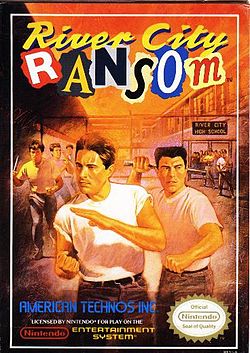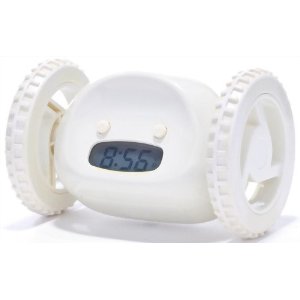Sleep: How Much is Enough?
My wife and I are kinda opposites in a lot of ways. She likes Glee, I like good music. She does a lot of cardio, I lift heavy things and occasionally throw them at or over other things. She’s in Human Resources, I’m in fitness. She makes herself dinner, and I apparently have to do the dishes.She’s not big on steak, and I’m typically downing half a cow each day. We both have a very similar sense of humor and tend to not drive each other crazy too often, so I guess we can forgive each other our differences.
However, one area we differ and can’t seem to compromise is sleep. She needs a solid 8-9 hours each night and I tend to feel my best on anywhere from 6-7 hours. That being said, I do get a bit of catch-up on the weekends and can fetch an easy 9 hours without a problem. The downside to me sleeping too much is I get groggy and want to stay asleep, and also tend to get a sore back from laying horizontal that long. On the other hand, if Lindsay gets any less than 7 hours a night, she kind of resembles this, but slightly cuter.
For her, because she spends the better part of 2 hours each day training herself for triathlons and road cycling races, she needs the time to recover from the workouts and to be both physically and mentally prepared for the next day. Top it off with a full work day and studying for a couple of classes, and she can definitely lay claim to needing a little extra sleepies each night.
I can definitely attest to the value of sleep, and I can tell when my sleep quality isn’t quite ideal. That being said, most nights I can hit the pillow and be out upon the second bounce. Chalk it up to working 12 or 16 hours each day (between training clients, writing, doing programs, answering emails,and whatever else I have going on) and going to bed exhuasted at around 10pm or so.
I can remember back in first and second year university I would lament having an 8am class because it was so freakin early to get up and be somewhere somewhat coherent enough to pay attention. That’s probably also because I was rockin out and playing too much River City Ransom like a true boss.
If you were a boy born between 1977 and 1984, you TOTALLY had this game or had a friend who had it and were always over at their place playing it!!!!
Now that I’m consistently waking up around 4:45 each morning, I’m finding I have more energy than when I go to bed later, and function better on slightly less sleep than back in the day or even when I’m on a vacation.
One thing Lindsay and I agree on all the time is that our room has to be almost like the Bat Cave. Completely pitch black and silent. We only have a fan on if the weather outside is cracking 30 degrees (85 for those south of the border), and we block out all sources of electronic light aside from one clock that we can use to set our alarm for the morning. I haven’t been brave enough to try Kramer’s internal clock from Seinfeld, but I can consistently wake up around the same time each day, even a few minutes before the alarm goes off. Also, I get out of bed as soon as the alarm goes off, no snooze for this guy.
That being said, there’s a new alarm clock called Clocky, when it goes off, it actually walks of your nightstand and proceeds to roll around on the floor until you get out of bed, chase it down and turn it off. That sounds like a projectile waiting to happen, if you ask me.
Invariably, when it comes to training, one of the big questions I ask people in assessments is how much sleep they get each night and how they would rate the quality of that sleep. Some people get 6 hours each night and rate their quality as a 10 out of 10, and then there are people who get 10 hours each night, and would be hard pressed to say they ever feel rested. If they get less, they feel like ass and can’t function without pouring three pots of coffee down their throat each morning.
Could it be that just as people have different strengths and capacities, that they also have different sleep requirements? Absolutely! Most of the sleep studies I’ve read show that those who awake feeling the most rested tend to enter into deep REM sleep the fastest, and also awake at the end of a REM cycle instead of in the middle or beginning of the cycle, as people who awake feeling groggy or fatigued tend to do. The total number of hours asleep has nothing to do with how rested you feel.
We’ve all been told we need 8 hours sleep each night to function optimally, but that sounds like faulty book-keeping to me. You need 4-6 complete REM cycles each night, most of which last around 60-90 minutes, which means an optimal amount of sleep is going to vary from 4 hours each night up to 9 hours each night. However, in the case of our dog, he tends to sleep around 21.5 hours each day, and then whine for his food dish to be constantly refilled for the remaining 2 and a half hours.
The real funny thing is that I’m writing this at around 10:30 at night, and it’s past my bedtime. I’m getting old. This week I got excited when going through the renewal process for my mortgage. Top it off with the fact that I just wrote an entire blog post on sleeping and didn’t ONCE mention anything related to sex, and you can be sure that I’m getting old. Oh well, sleep time. See you in six hours, folks!



8 Responses to Sleep: How Much is Enough?